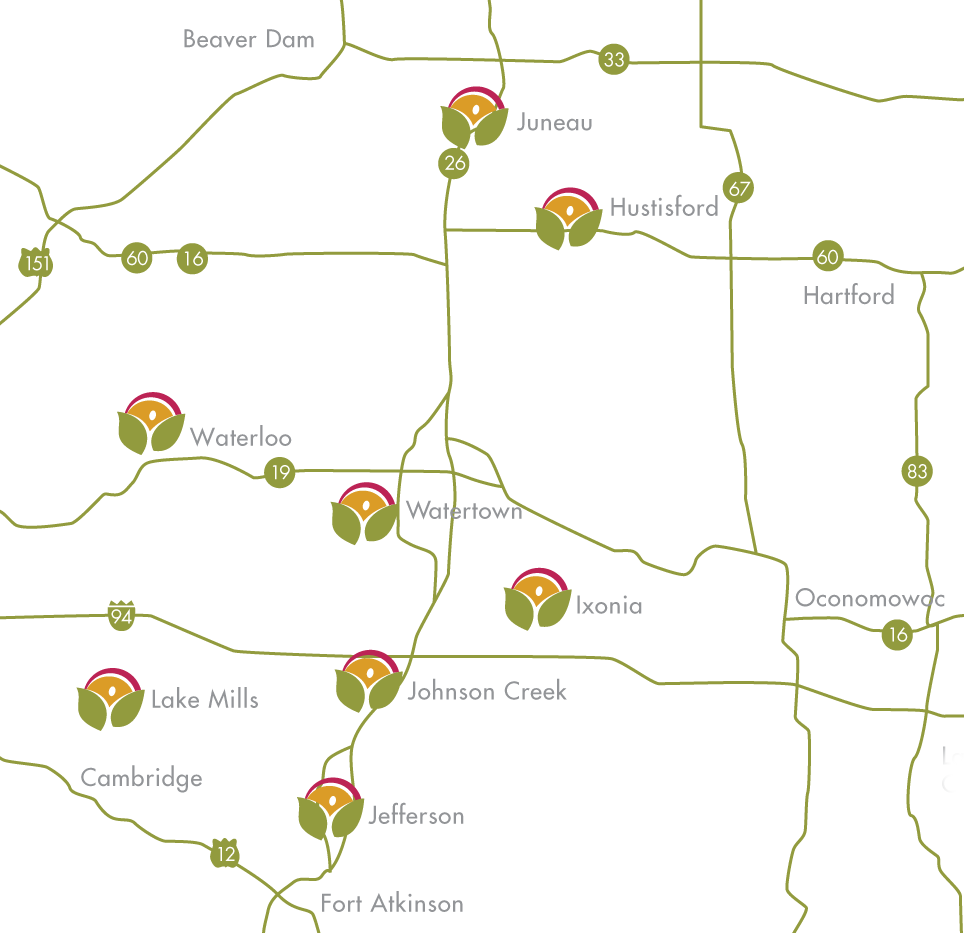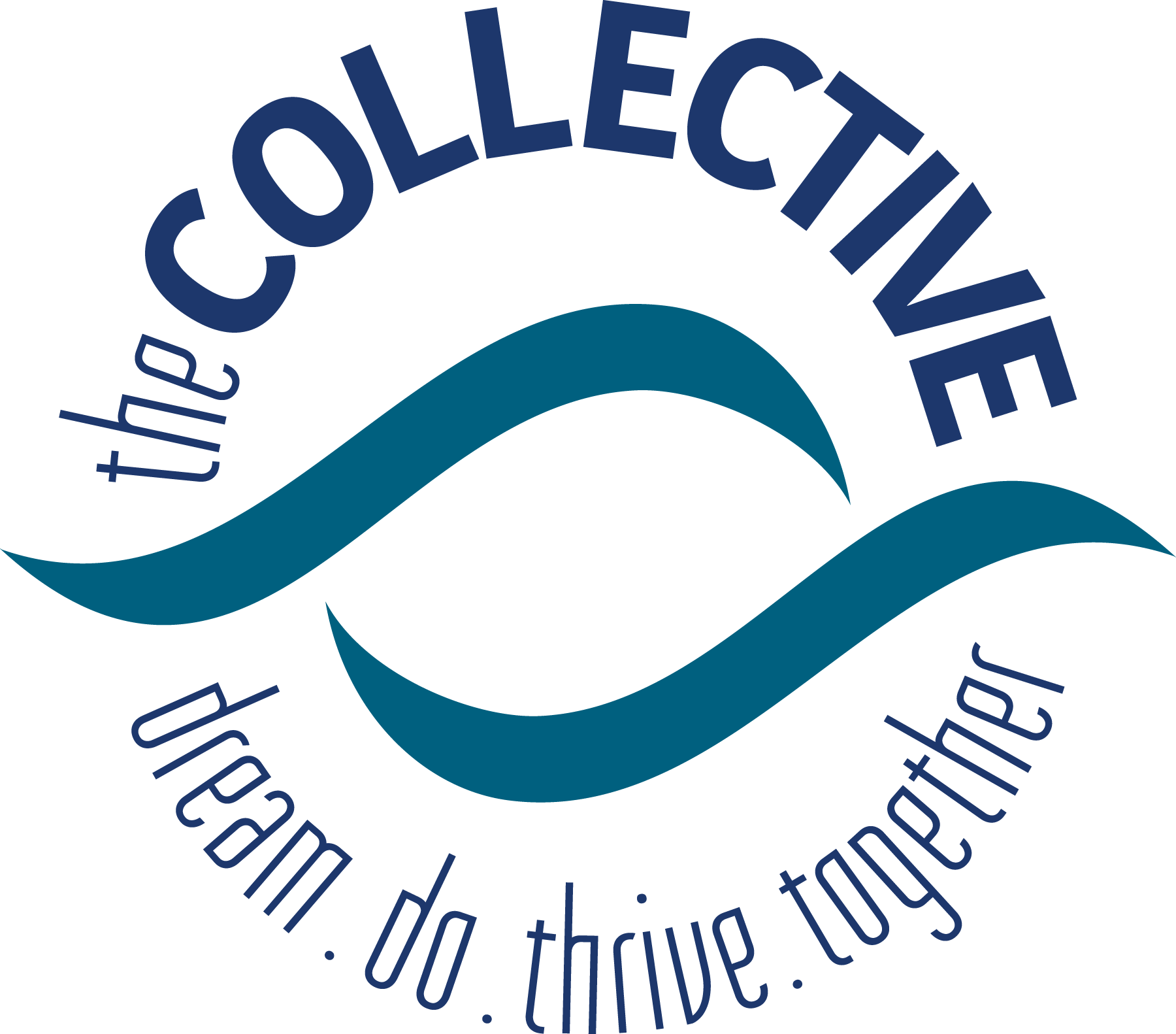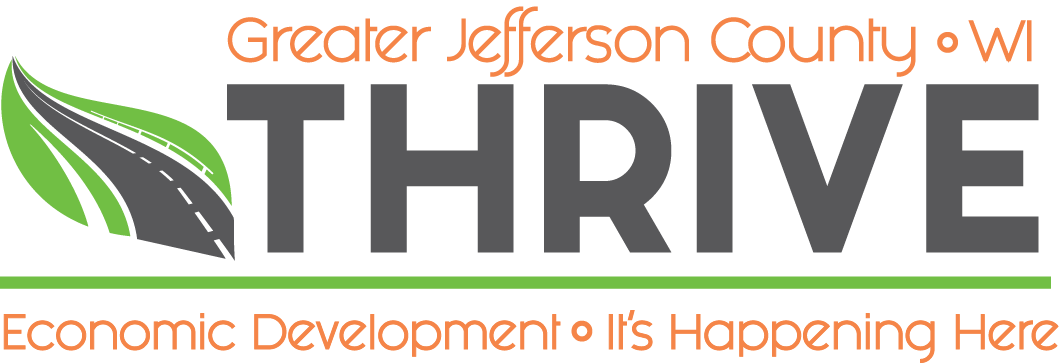Apply for funding
You don’t have to be an expert grant writer to get our attention.
Our goal is to meet partners where they are at. Sometimes that is very early on in an agency’s development or when environmental changes require new ways of operating. Sometimes it’s when long-standing agencies are ready for more transformational change.
When you are ready, we are here to support you. Our goal is to help you dream bigger, learn more and ultimately create transformational impact.

The Foundation serves the residents of Dodge and Jefferson Counties.
With priority given to projects impacting the communities served by the following school districts: Dodgeland, Hustisford, Ixonia, Jefferson, Johnson Creek, Lake Mills, Waterloo and Watertown.
How we build community capacity
We work strategically–through grants and other investments–to create measurable impact in our priority areas of Strong Families, Kindergarten Readiness and School Success. These investments may include strategic grants, learning communities, technical assistance and more. Investments are prioritized by the Every Child Thrives Transformation Council and directly support Every Child Thrives action plans.
We fund responsive grants in three areas. We accept most grant requests year-round so that opportunities are available to our partners when the time is right for them.
Science teaches us social connections improve physical health and mental and emotional wellbeing.
Community Collaboration Grants support collaborative efforts that build a sense of connectedness between people or create/enhance community spaces where individuals can be active together.
These grants will support up to 33% of a proposed project budget with a maximum grant value of $20,000. Applicants must have solidified financial support from at least two other community organizations for no less than 67% of the project cost.
View the Community Collaboration Grant Request for Proposals to learn more about the grant opportunity.
Capacity Building Grants help local organizations further advance their impact. Grants can support:
- Research and development, needs assessments, feasibility studies and strategic planning
- Quality improvement to help organizations become more efficient and effective, including Board and leadership development, technical skills, and fundraising strategies
- Grant writing for multi-sector initiatives that support children and families
Funded projects will:
- Create ongoing and sustainable impact
- Strengthen the agency and/or community’s ability to improve outcomes for disadvantaged populations
View the Capacity Building Grant Request for Proposals to learn more about the grant opportunity.
Our Health Equity Grants were created to support equity, diversity and inclusion (EDI) initiatives focused on removing obstacles to health for populations not well served under current systems and policies.
Funded projects will:
- Create at least one sustainable change in policy, system or environment
- Deepen an organization’s understanding of the fundamental principles and effects of EDI
- Strengthen the organization’s ability to improve outcomes for marginalized populations
View the Health Equity Grants Request for Proposals to learn more about the grant opportunity.
Impact investments leverage Foundation assets, through loans and equity ownership interests, to meet our social change goals. Always part of a comprehensive social change action plan, impact investments are catalytic in nature and require partnerships with co-investors. While impact investments may deliver modest financial returns (which we then redeploy into the region for charitable purposes), our primary focus is on the social returns each investment delivers.
grant making policies
- Capacity building, leadership development and technical assistance to help communities and organizations assess needs, develop strategic plans and implement policy changes that advance health
- Programs and services that improve health and social determinants of health
- Policies and settings that make it easy for individuals to make healthy choices
- Planning and feasibility studies related to our strategic priorities
- Durable equipment and supplies needed to achieve targeted results
- Institutions which discriminate on the basis of race, ethnicity, creed, gender or sexual orientation in policy or practice
- Fundraising events, celebrations, dinners or golf outings (See our Sponsorship Policy)
- Scholarships, fellowships or direct financial assistance to individuals
- Religious activities or political lobbying
- Medical, academic or scientific research
- Supplanting of existing salaries
- Endowments
- Activities that duplicate efforts in the community
- Retirement of previously incurred debt
- Capital "bricks and mortar" fundraising campaigns
- While GWCHF does not contribute to "bricks and mortar" fundraising campaigns, GWCHF's directed initiatives may include capital investments which promote health equity and are:
- Within the foundation's identified strategic priorities
- Evidenced-based for health enhancement
GWCHF makes an effort to minimize sponsorships so that it can use its resources to drive focused improvements in health. GWCHF will not sponsor fundraising events or purely social events. However, on a very limited basis, the Foundation will sponsor an educational event or conference if it:
- promotes at least one GWCHF priority area
- is collaboratively organized by multiple community partners
- is part of a larger plan to improve community health status
- provides positive public awareness and visibility to our priority areas, already has substantial community support and involvement, and will reach a large audience of community members
- is requested by an organization that is professionally managed with a proven track record of financial stewardship
- Advertising for project-specific personnel or program participant recruitment, or for project-related awareness and education Books, journals and membership dues specifically related to the project
- Consultants hired to perform professional services specifically related to the project
- Equipment with a unit cost of $3,000 or less, including computers and office equipment specifically needed for the project Honoraria for services, such as speaker fees, associated with a project-related conference or symposium
- Meals and meeting refreshments associated with a project-related conference or symposium, meeting requirements, site visit meals and guest meals. Alcohol is not a fundable expense.
- Office supplies maintained for general use by all staff for use on the project. Shipping is reimbursable; sales tax is not.
- Photocopying of documents for non-routine, project-specific use Postage costs
- Salaries and fringe benefits for program personnel based on the percentage of effort devoted by the employee
- Supplies and materials consumed in performance of the project agreement. Shipping is reimbursable; sales tax is not.
- Travel expenses including transportation, lodging, and meals for project-related activities.
- Indirect expenses are not funded expenses. GWCHF expects that partner organizations have the existing financial strength to carry on routine business. Therefore rent, insurance, maintenance and repair and personnel costs for support staff not involved in the project are not reimbursable.



